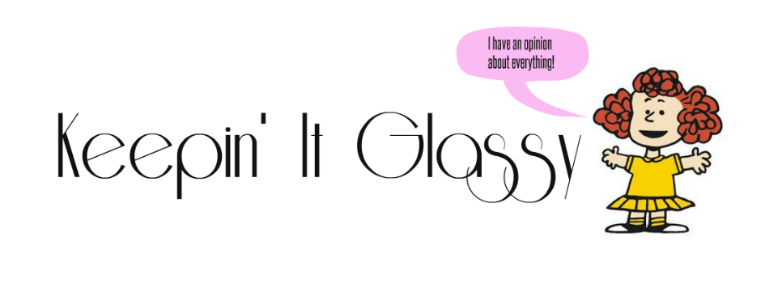Laverne Cox is a rather incredible stage personality, and the entire time I was listening to her speak, I couldn’t stop asking the question, “How is it possible that a person that strong and beautiful is subject to such violence?”
And further, “What are we so afraid of?”
In America, 53% of LGBT homicides involve transgender women, and 73% of those are people of color, says Cox. These numbers are indicative of a larger cultural problem than simply a lack of understanding of the community, or an emphasis on surgery and change rather than the personal growth of the individual (though these are equally valid concerns highlighted by her speech). What I would add to the issues she eloquently raises for us is the presence of a gender-based essentialism still governing our society today, one that shapes not only the way we interact with each other, but the way we understand ourselves. I would also argue that this essentialist based thinking, one that holds individuals up to a proverbial measuring bar to deem them either human or not, leads to a profoundly individualist society and a lack of empathy in relating to one’s neighbor. It is so easy to enact violence on one another when humanity is discounted, as history has proven to us, and it only to the detriment of future generations that we continue to judge each other so harshly.
Gender essentialism is not a new concept, nor is it one
without its fair share of contesters. I recently read an article in Bitch Magazine about the ways gender
essentialism devalues female voices in the publishing world (Available Here),
and several of my classes in Graduate School are exploring the ways that
linking motherhood and domesticity with innate femininity limits female career
options, and instills the belief that if a woman does not embrace motherhood at
home with her children, she become a mutation of what constitutes true
womanhood.
When translating the ramifications of gender essentialism
into a conversation about transgender issues, it is clear that our inability to
understand people outside of the neat boxes of identity into which we categorize
them has violent consequences, an inability to understand sparking fear and
prejudice rather than empathy and open-mindedness. In hearing Cox’s speech, it
is important to note that she begins her story of oppression with a
heartbreaking narrative of being chased home from school by little boys who did
not understand her. The socialization of children into neat groupings of gender,
race, and class identity is in my opinion where this closed thinking begins, and
in order to stop this cycle of violence from repeating in the lives of our
youth, we need to completely do away with parenting and education that socializes
people into particular, irrevocable roles, where boys play with blue Legos and
girls with pink ones (or whatever). We need to stop teaching our boys that
measures of value are dependent on “how much of a man you are”, and then
directly linking this measure of masculinity with violence. We need to convey
to our children that it is not anyone’s place to judge another’s self-worth,
and instead create developmental spaces that encourage a variety
of skills, talents, and other identifiers, celebrating difference rather than
creating it as a means of dividing lines. Let’s break out of our comfortable, homogenized
bubbles of race or class stratification, and teach our kids how to relate to
people different from them. And most importantly, let’s completely break down
this individualist, “get ahead at any cost” culture in which we live that
starts from the assumption that I am not my brother’s keeper. I hope one day to live in a world where love is not a revolution, where in fact the only essential thing that can be assumed about a person’s identity is their capacity to love no matter what. Let’s start those difficult conversations with our kids and with the world, and break the cycle of assault on difference that is such an ugly part of our current cultural moment. Step outside yourself for a moment, and reach out a helping hand rather backing away, and let’s make a better world for the future.

No comments:
Post a Comment